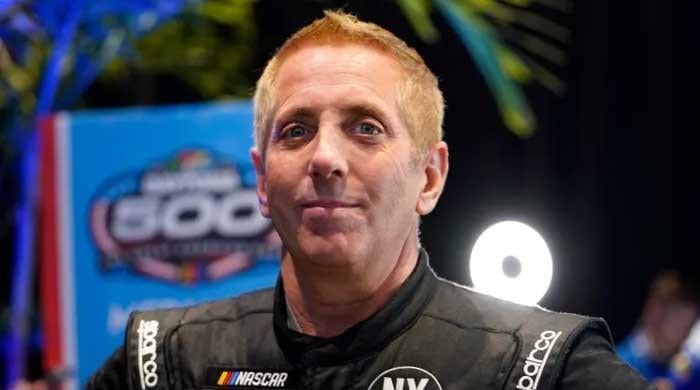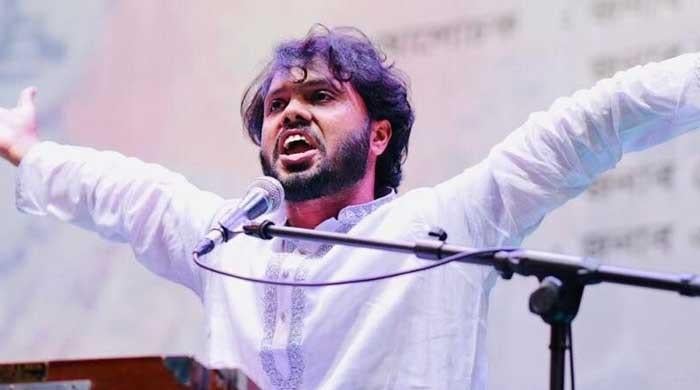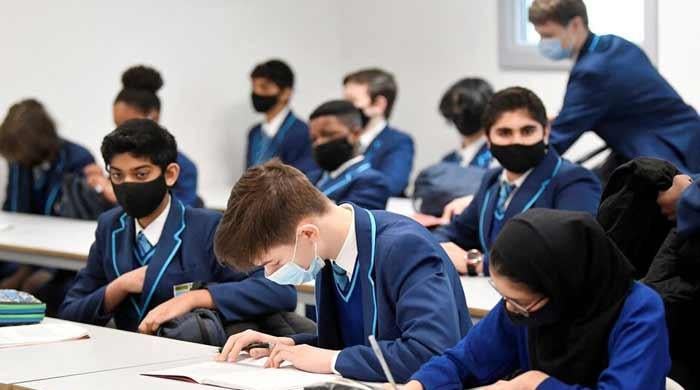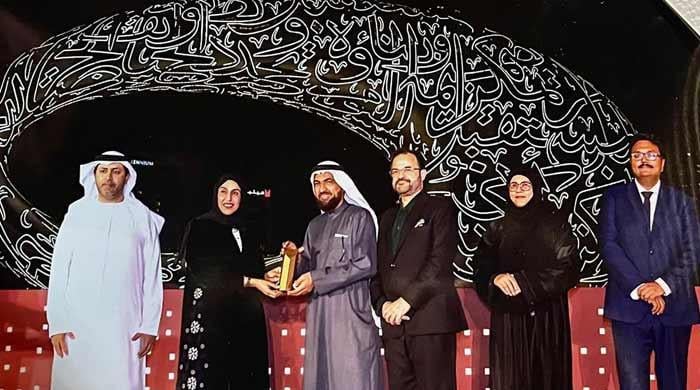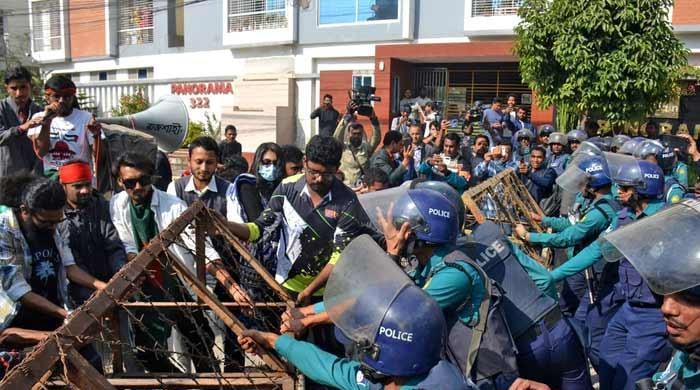Turkey, Hungary put Finland on course to join NATO
NATO expansion into a country with an 830-mile border with Russia will roughly double the length of the bloc's current frontier with its cold war-era foe
March 17, 2023
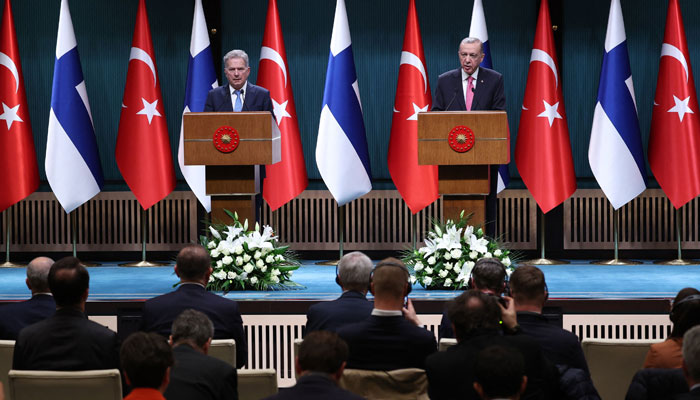
ANKARA: Turkish President Recep Tayyip Erdogan ended months of diplomatically-charged delays on Friday and asked parliament to quickly back Finland's bid to join NATO.
A simultaneous decision by fellow holdout Hungary to schedule a Finnish ratification vote for March 27 means the US-led defence alliance will likely to grow to 31 nations within a few months.
NATO's expansion into a country with a 1,340-kilometre (830-mile) border with Russia will roughly double the length of the bloc's current frontier with its Cold War-era foe.
But it also dashes the short-term hopes of fellow NATO aspirant Sweden — a Nordic power whose litany of disputes with Turkey ultimately has sunk its bid to join the bloc before an alliance summit in July.
Helsinki and Stockholm ended decades of military non-alignment and decided to join the world's most powerful defence alliance in the wake of Russia's invasion of Ukraine.
Their applications were accepted at a June NATO summit that signalled the Western world's desire to stand up to Russia in the face of Europe's gravest conflict since World War II.
But the bids still needed to be ratified by all 30 of the alliance members' parliaments - a process that got hung up once it reached the turn of Turkey and Hungary.
Friday's breakthrough followed months of tense negotiations between Ankara and the Nordic neighbours that threatened to collapse several times.
Erdogan told Finnish President Sauli Niinisto that Helsinki had shown a strong commitment to addressing Ankara's security concerns.
"We decided to start the protocol of Finland's accession to NATO in our parliament," Erdogan told reporters after the talks.
Erdogan added that he "hoped" that parliament will approve the application before Turkey's crucial general election in May.
The Turkish parliament is expected to end its current session in mid-April.
"I hope the decisions we make will be beneficial for our two countries and the alliance," Erdogan said.
'Not complete without Sweden'
NATO Secretary General Jens Stoltenberg welcomed Turkey's decision while stressing the importance of Sweden joining "as soon as possible".
"The most important thing is that both Finland and Sweden become full members of NATO quickly, not whether they join at exactly the same time," Stoltenberg said.
Erdogan had accused the Nordic neighbours of breaking the terms of a separate deal they reached in June 2022 under which Turkey agreed to approve the bids.
Turkey has sought the extradition of dozens of Kurdish and other suspects it accuses of ties to outlawed militants and a failed 2016 coup attempt.
Erdogan's demands became more urgent as he neared a May election in which he will need a strong turnout from his nationalist supporters to extend his two-decade rule.
The Turkish leader voiced particular displeasure with Sweden - a country with a larger Kurdish diaspora and a longer history of disputes with Ankara.
Finland and Sweden had initially resisted the idea of breaking up their bids.
But Swedish Prime Minister Ulf Kristersson - who made NATO membership a priority after assuming office in October -- acknowledged on Tuesday that the likelihood of Finland joining the bloc on its own had "increased".
The Finnish president called Erdogan's decision Friday "very important for the whole of Finland".
But he added: "Finland's application is not complete without Sweden."
Swedish regret
Sweden expressed disappointment at being excluded from this round of NATO expansion.
"This is a development that we did not want, but that we were prepared for," Foreign Minister Tobias Billstrom told reporters in Stockholm.
The talks in Ankara put more pressure on Hungary's parliament to end its own ratification delays.
Hungarian Prime Minister Viktor Orban enjoys a close relationship with Russian President Vladimir Putin and has numerous disputes with both NATO and the European Union.
The Hungarian parliament began debating the two NATO bids at the beginning of the month.
But the vote's timing was complicated by a separate dispute Budapest had with Brussels over blocked European Union funding and Hungary's commitment to fighting corruption as well as to the rule of law.
Hungarian government spokesman Zoltan Kovacs said Orban's ruling Fidesz party "supports Finland's NATO accession".
"The parliamentary vote will take place on March 27," Kovacs said in a Twitter message.
Oban's parliamentary group leader Mate Kocsis said Fidesz "will decide on the case of Sweden later."




